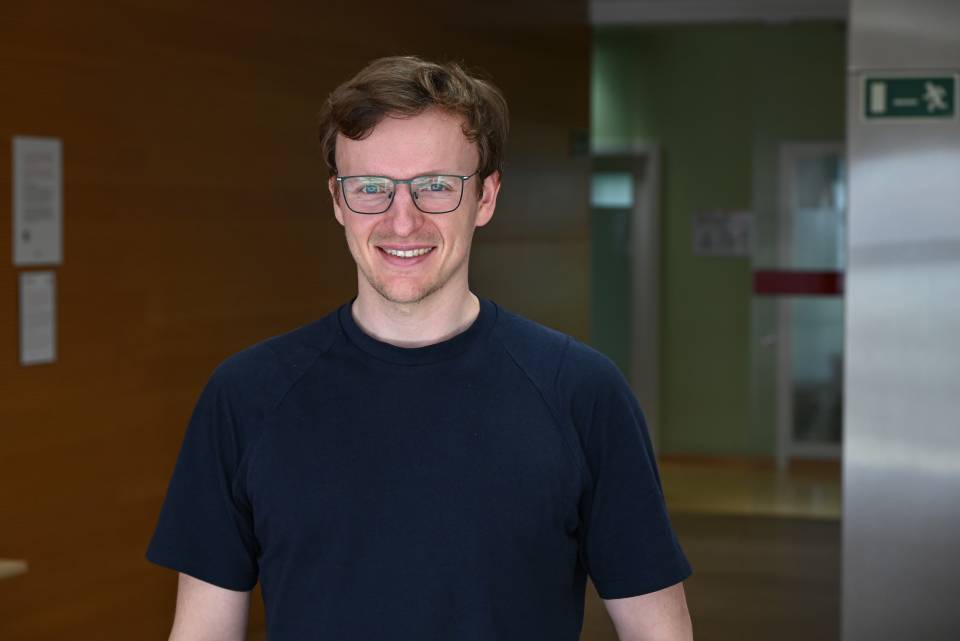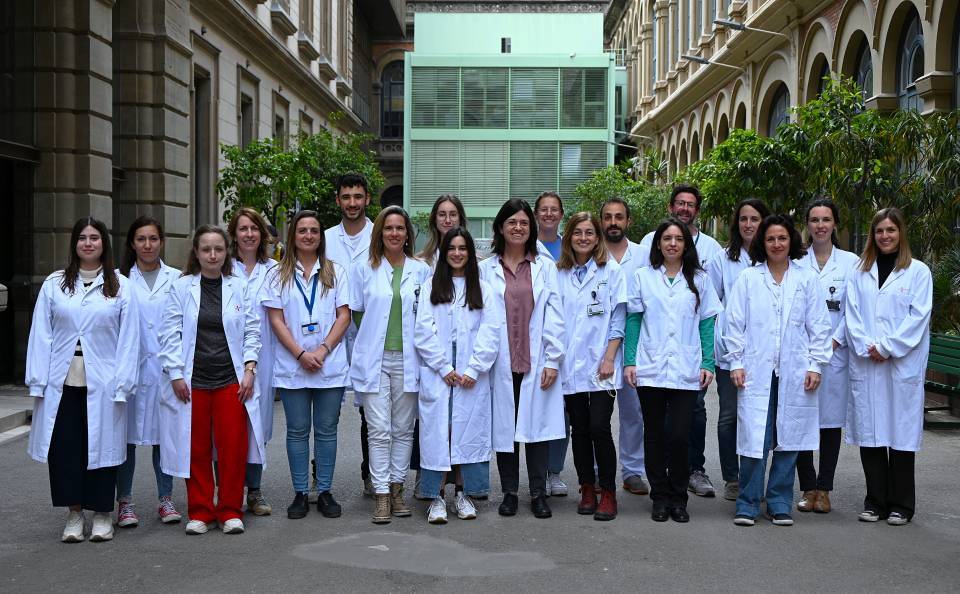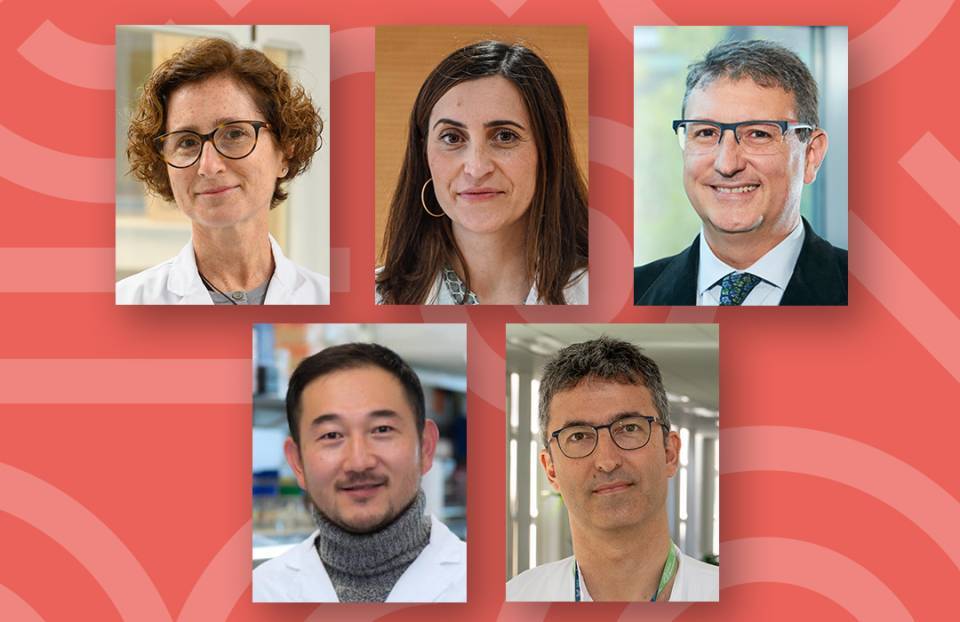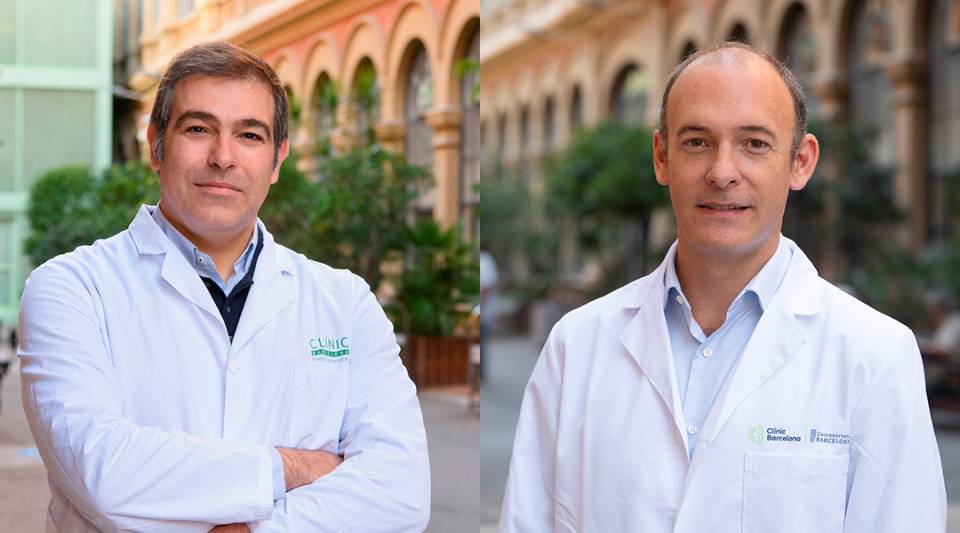IDIBAPS has brought on researcher Thomas Walle to lead a new research group called ‘Computational cancer biomedicine’. A graduate in Medicine from the University of Heidelberg, Walle completed his doctorate at the German Cancer Research Center and continued to do research there afterwards. Walle has also undertaken research stays at the MD Anderson Cancer Center at the University of Texas and at the Memorial Sloan Kettering Cancer Center in New York.
His research has revealed how circulating immune cells are linked to treatment success. By combining clinical studies with computational biology, he helped to explain how Natural Killer cells influence radiotherapy outcomes and identified T-cell states that seem to predict the response to immunotherapy in various types of cancer. He has also developed computational tools in the field of single-cell genomics (Spectra, Cytopus, Compocyte and Suco). These approaches were applied in the ANTICIPATE clinical study for the first time and laid the foundation for his work in AI-based immunodiagnostics.
The addition of the new group strengthens the AECC-IDIBAPS Excellence Programme: Immunotherapy against Cancer. Endowed with a two-million-euro budget, the main objective of this four-year programme is to identify the biological mechanisms explaining why some patients with liver, breast or haematological tumours do not respond to immunotherapy or develop resistance, with the aim of detecting new biomarkers and developing treatments that give these patients hope and improve their and quality of life.
Among other activities, the project included the recruitment of a junior group leader (R3B) with experience in bioinformatics and artificial intelligence (AI), as well as in the analysis and integration of omics data and biomedical imagery, to establish the independent research group at the institution.
You can find more information about the ‘Computational cancer biomedicine’ group by visiting its website.




